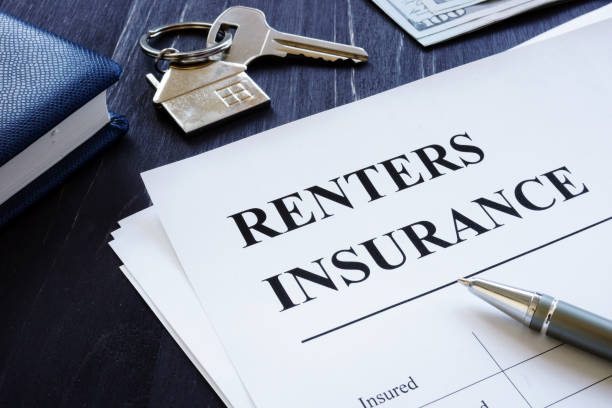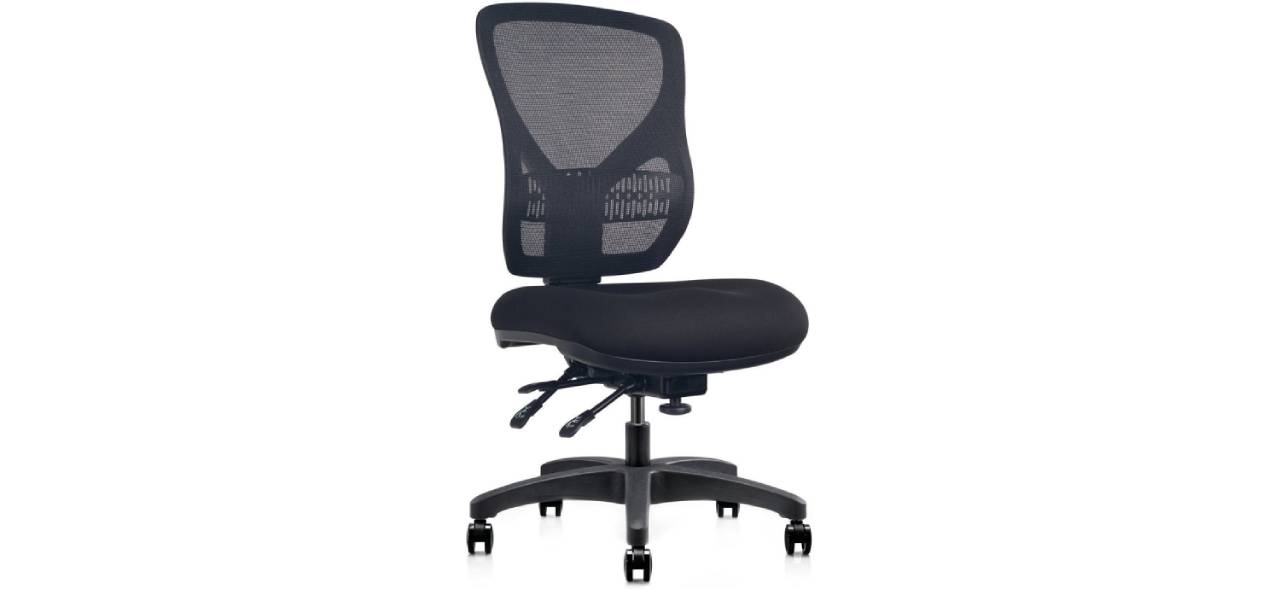You’ve followed your guide for renters and it’s time to move.
Your furniture is already in place. The public services are connected and your rented property is already beginning to feel like a home. Is renters insurance next on your to-do list? If you answered no, you are not alone. According to the Independent Insurance Adjusters & Brokers of America (IIABA), nearly two-thirds of residential renters in the United States do not have renters insurance.
However, a renters insurance policy is more important, affordable, and affordable than you think. And, in some cases, landlords require you to have renters insurance. But renters are often unclear about what renters insurance is, what it covers, how much it costs, and how much coverage they need. Not sure if you need renters insurance? Ask yourself these questions:
- How much are my belongings worth?
- If you lost them in a fire or an accident destroyed them, could you buy them all back?
- What would I do if someone was injured in my apartment and filed a claim against me?
- What if I am found legally responsible for damage to someone else’s property?
What does renters insurance cover?
Simply put, renters insurance covers what you own. Most landlord insurance only covers building and negligence damage. Coverage for some of the most common causes of property damage and loss such as theft, vandalism, and fire is your responsibility. Without renters insurance, you may be left to bear the financial burden of a loss on your own. You could cover losses caused by:
accidents
Vehicle impacts, falling objects hitting your property, fire, smoke, or water damage from plumbing or appliances.
climatological impacts
Weight of snow, sleet, or ice; lightning, hurricanes, hail, and water damage due to freezing of plumbing systems.
intentional tort
Vandalism, theft, riots or civil uprising, aircraft, and vehicle damage.
loss of use
When your home is deemed uninhabitable due to a covered loss, this coverage provides payment for additional cost-of-living expenses for the shorter time required to repair (or replace) the property, or for your family to relocate, up to 24 months.
Make sure you’re protected against the unexpected with renters insurance.
Special coverage limits apply to certain types of personal property, including:
- boats and other equipment for boats
- money, notes, and coins (including collections)
- property used or intended for use in a business
- securities, checks, traveler’s checks, gift cards, phone cards
- stamps, trading cards, and comics (including collections)
- Losses from theft of jewelry, furs, firearms, silver or gold objects, rugs, tapestries, and wall hangings
Most tenants’ belongings cost more than you think. The average person has more than $35,000 in belongings that probably aren’t covered by a landlord’s policy. Take some time to add up the approximate cost of your computer, television, stereo, furniture, jewelry, and clothing.
Plus, renters insurance covers much more than just your personal property, like liability coverage. That means that in the event of a covered loss, your insurer will help cover the costs if you are found liable for injuring someone else or damaging someone else’s property, including the owners. And what’s more, this coverage applies regardless of whether the incident occurred within your residence or elsewhere.
How many renters insurances do I need?
It depends on how much you want, or need, to cover. Think about the questions. Do you require more than another person? Do you want additional coverage?
Evaluate your liability
The liability coverage in your renter’s insurance policy can protect you if someone is injured in your home. It can also protect you if you or a family member cause damage to someone else’s property. Some insurance policies pay for the defense fees and court costs of a covered claim, in addition to settlement costs. The typical renter’s insurance policy offers $100,000 in liability coverage. For renters, this amount is usually enough. But, if you have visitors at home frequently, or if your assets exceed that amount, you should consider an amount of insurance equal to at least the total value of your assets.
What does renters insurance not cover?
Keep in mind that your insurance policy will exclude certain perils:
- Property damage caused to your buildings, roof, and siding (these are covered by the landlord).
- Water damage due to flooding or groundwater.
- Damage caused by earth movements, such as earthquakes and landslides, or caused by nuclear risk.
A renters insurance policy may not cover everything you need. It may be a good idea to consider additional policies. We offer numerous options for an additional premium.





